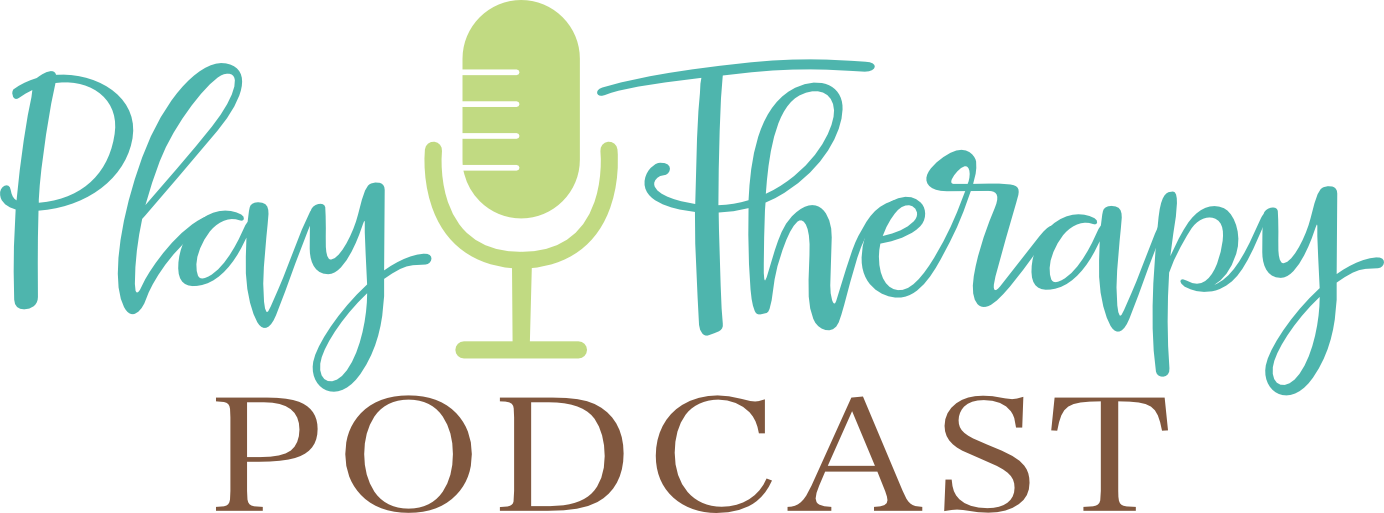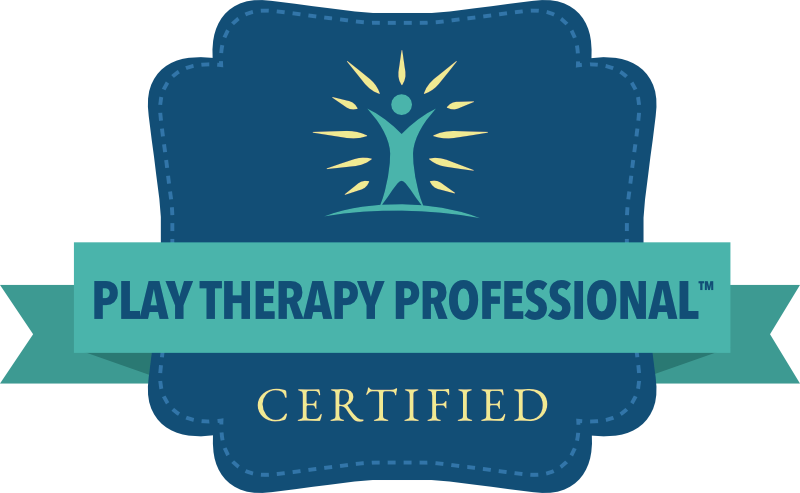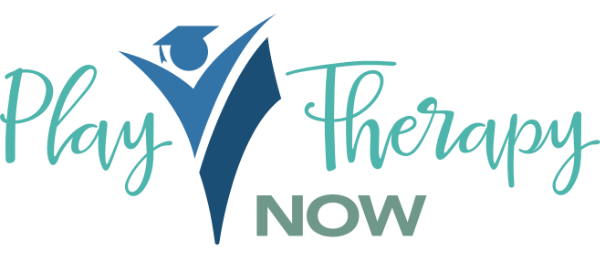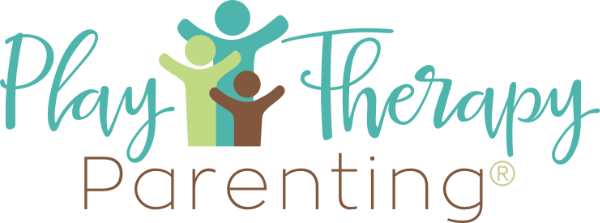To Clean or Not to Clean: The Role of Playroom Cleanup in Child-Centered Play Therapy
In this episode, I answered questions raised by two listeners, Meredith and Katarina, about the role of cleaning up toys at the end of a play therapy session. Both wondered about the child-centered approach regarding this aspect. I highlighted my approach, established from the very first session, that it’s the child’s job to play and mine to tidy up. I emphasized that the child isn’t expected to clean, giving them choices and observing their responses to this instruction, which often reveals emotional cues. I underlined why we follow this approach: it’s a crucial part of the therapeutic process, showing the child that we hold their feelings and needs safely even when the session ends. By not making them clean up, we maintain the connection and trust established during the session. I discussed various scenarios of messy playrooms and clarified that the child never cleans up due to the importance of sustaining the therapeutic bond.
Addressing the concern about parents seeing the messy room, I stressed the need for clear communication with parents from the outset, explaining the therapeutic reasoning behind not expecting the child to clean up. A story from a recent challenging session highlighted the occupational hazards and emphasized the power of the child-centered model. Despite bruises and challenges during the session, the trust and connection built through unconditional acceptance and firm but compassionate boundaries were evident. Ultimately, it’s about providing a safe space for children to express themselves, knowing that they’re unconditionally accepted and supported. Despite the physical and emotional challenges, the positive outcomes of building trust and facilitating a child’s emotional growth underscore the significance of the child-centered model in play therapy.
Podcast HQ: https://www.playtherapypodcast.com
Play Therapy Training HQ: https://www.playtherapynow.com
APT Approved Play Therapy CE courses: https://childcenteredtraining.com
Email me: [email protected]
Follow me on Twitter: @thekidcounselor https://twitter.com/thekidcounselor








